London mayoral elections 2016: An analysis of Boris Johnson’s record after eight years in office
John Prescott has labelled him a ‘clown’, but 54% of Londoners believe he has been a success. John Rentoul examines how Mr Johnson has performed in the key areas for which he is responsible since taking the job in 2008

Your support helps us to tell the story
From reproductive rights to climate change to Big Tech, The Independent is on the ground when the story is developing. Whether it's investigating the financials of Elon Musk's pro-Trump PAC or producing our latest documentary, 'The A Word', which shines a light on the American women fighting for reproductive rights, we know how important it is to parse out the facts from the messaging.
At such a critical moment in US history, we need reporters on the ground. Your donation allows us to keep sending journalists to speak to both sides of the story.
The Independent is trusted by Americans across the entire political spectrum. And unlike many other quality news outlets, we choose not to lock Americans out of our reporting and analysis with paywalls. We believe quality journalism should be available to everyone, paid for by those who can afford it.
Your support makes all the difference.Boris Johnson had the huge advantage, compared with other leaders such as Tony Blair or Barack Obama, of coming to power with low expectations. In 2008, when he was first elected Mayor of London, many people thought he was a buffoon. Within months, the City of London was engulfed in a banking crisis that was widely expected to hit the economy of the wider city harder than the rest of the country because it was so dependent on financial services.
People still think he is a joker. John Prescott, the former Deputy Prime Minister, had a succinct assessment for this week’s Evening Standard: “He’s a clown.” But the rest of us have got used to the idea that there is more to him than that. He exceeded the low expectations of him well enough to be re-elected in 2012 and now, after two full terms, he comes to the end of his time basking in the approval of a majority of Londoners. According to a poll published on Tuesday, 54 per cent of Londoners think he has been “successful” as mayor.
That is not a bad verdict for a two-term politician.
Tony Travers, who is essentially “professor of London studies” at the London School of Economics, makes the point that, after a chaotic start, Mr Johnson has appointed effective people to run City Hall while he carried on as the front man. Simon Milton, deputy mayor for policy, who died at the age of 49 in 2011, and Eddie Lister, who succeeded him, both won the respect of the mainly Labour borough councils that make up London and through whom the mayor often has to work.
Professor Travers compares the “tone” of Mr Johnson’s mayoralty favourably with that of Ken Livingstone’s. The atmosphere has been “benign and affable” where Mr Livingstone was “capable of tangling in toxicity”.
My view is that Mr Johnson’s greatest achievement has been not to make a mess of things. The avoidance of mistakes is a much underrated quality in a politician, and he really hasn’t made any. Most of the problems of London are the downsides of its remarkable success as a world city: housing is expensive because – despite the crash of 2008 – the capital’s economy is booming and a large part of the world’s population wants to live in London; the Tube is crowded for the same reason. No mayor would have been able to build houses and transport infrastructure fast enough to keep up with demand, and Mr Johnson’s record on both is better than many acknowledge. He is not, of course, responsible for the strength of London’s economy, but he has not got in its way.
As Professor Travers says, “a lot of London’s success has not been because of Boris Johnson, but in politics there is a lot to be said for luck”.
So how has Boris Johnson performed in the key areas for which he is responsible?
Housing
Mr Johnson delivered 100,000 “affordable” homes in eight years, mostly during a recession, whereas Livingstone managed only 80,000 over the same length of time, “while the sun was shining”, as Johnson puts it.
Not nearly enough to keep up with a population growing by about 120,000 a year, but without building up, down or out (into the green belt) it is beginning to become physically and politically impossible to build many more homes in London.
Mr Johnson promised to eradicate rough sleeping on the streets of London by 2012. He failed, and rough sleeping has nearly doubled since then.
Rating:
★★★☆☆
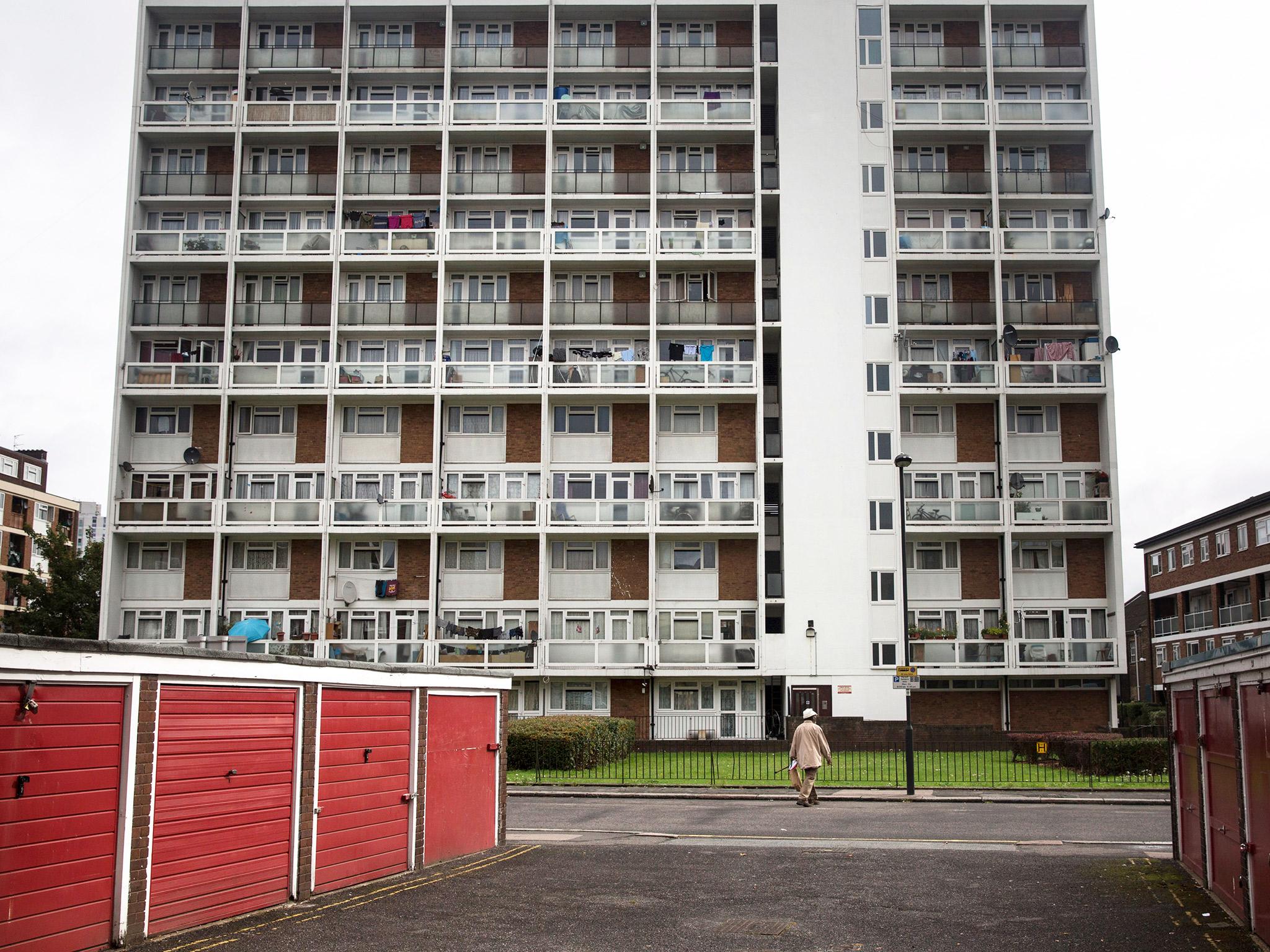
Crime
In 2012, Mr Johnson promised “1,000 more police on the beat”. As the journalist Adam Bienkov pointed out, this has not happened. In 2013, Johnson said that any suggestion he had actually promised 1,000 more police officers was a “wilful misconstruction”.
Knife crime is still a serious problem in London and Professor Travers says that Mr Johnson could have done more to “get a grip” on it.
However, crime overall has fallen in London as in the rest of the country, and it is one of the safest capital cities in the world.
Mr Johnson points out that public confidence in the Metropolitan Police has risen from 55 per cent in 2008 to 63 per cent now, but that is still not very high. A quarter of the force is now female and ethnic minority representation has continued to increase.
Rating:
★★☆☆☆
Tube and rail
The London Underground carries more passengers than ever before, with fewer delays (anecdotal evidence here does not count). The London Overground has been transformed since it was taken over by Transport for London, opening up huge expanses of bus-only London. Crossrail will be delivered on time and within budget in 2019 and the first Tube extension for 25 years, the Northern Line to Battersea, is under way.
Mr Johnson campaigned against Mr Livingstone's plans to close Tube ticket offices and signed a Nick Clegg-style pledge never to close them. It was, like Clegg’s, a foolish promise, and he was right to change his mind. All of London's ticket offices are now closed and passengers get a better service.
In 2008 Mr Johnson promised to negotiate a “no strike deal” with the Tube unions. He didn’t even try. There is no reason why there shouldn’t be driverless trains, at least on the semi-automatic lines (Central, Victoria and Northern). But Mr Johnson doesn’t like confrontation. Strikes remain an occasional test of the Blitz spirit, but strangely, as the mayoral election approaches, there haven’t been any.
Rating:
★★★★☆
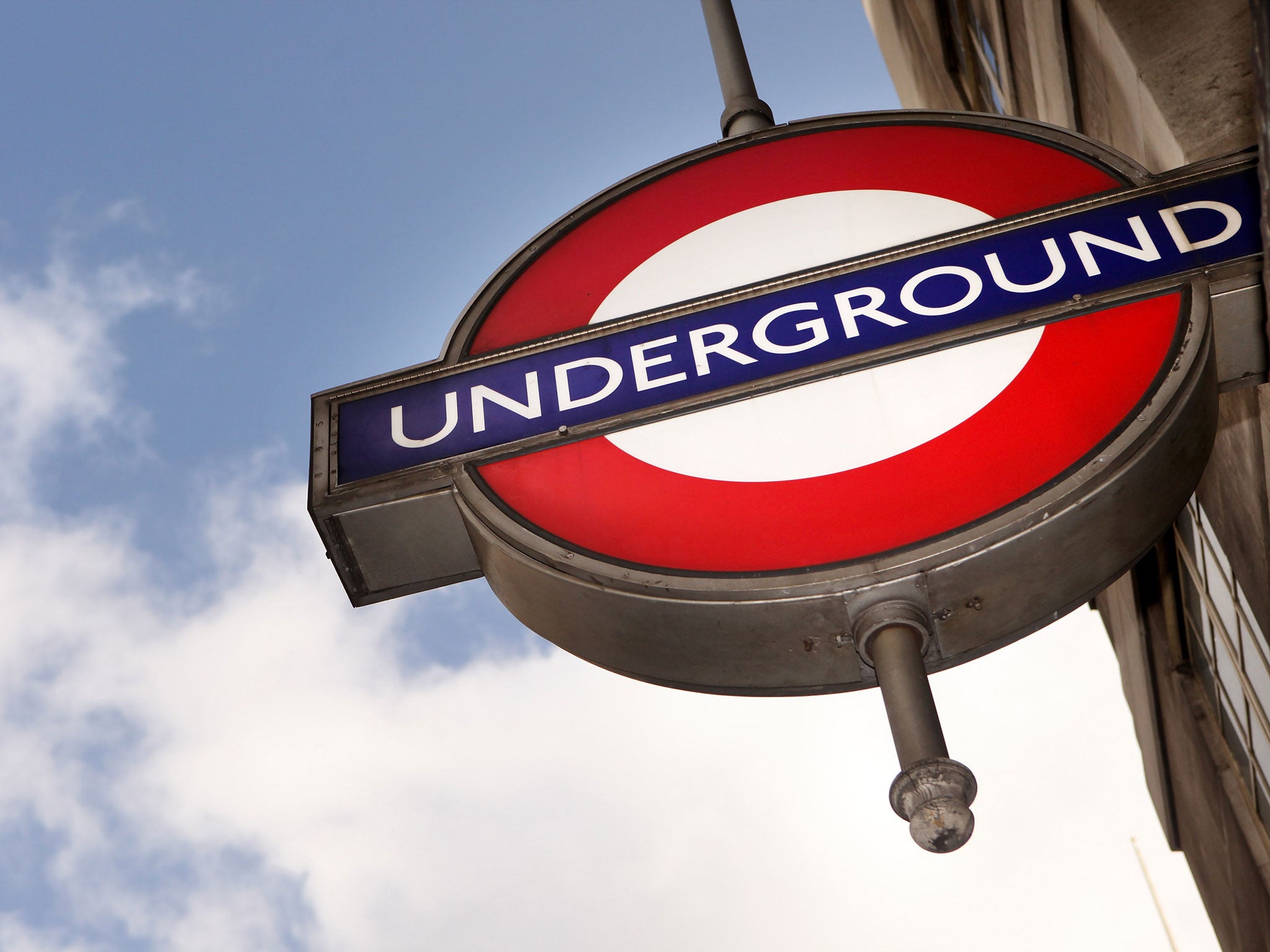
Buses
Mr Johnson promised to get rid of those terrible bendy buses, and he did. He promised to bring back the Routemaster, the traditional London double-decker, and when he finally accepted that it was unsafe by modern standards he got a new bus, designed and built in Britain, and everyone complained about it. What did they want, just buy some luxury buses from Mercedes Benz? I like the new Boris buses.
Rating:
★★★★☆
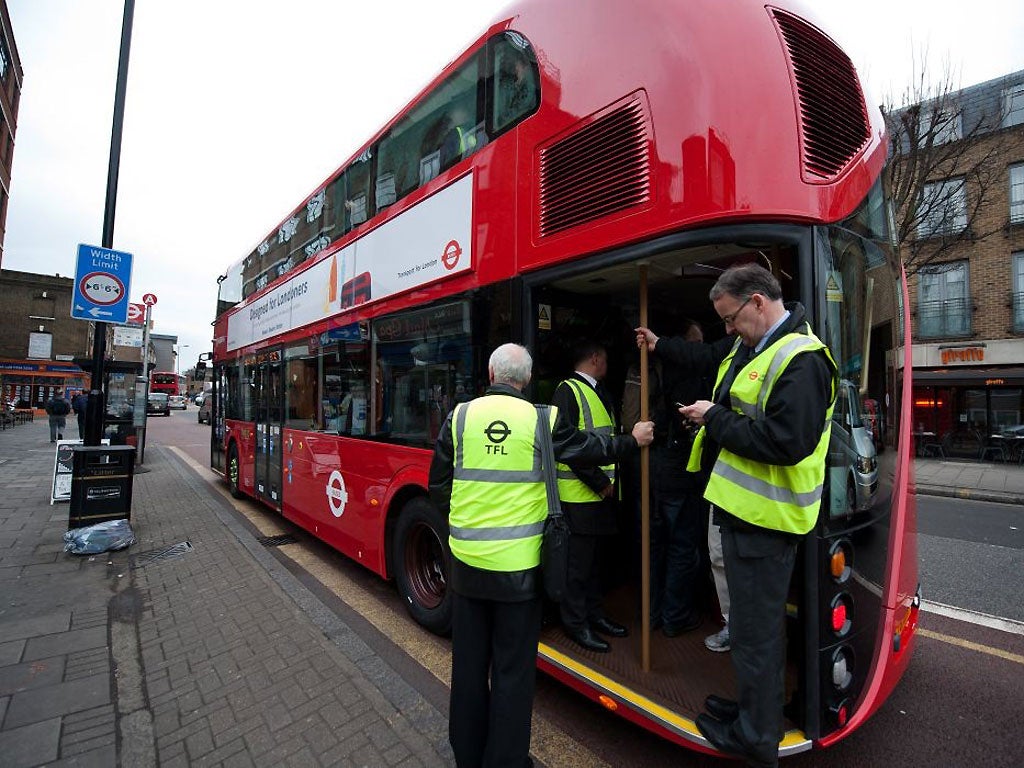
Fares
Mr Johnson complained in 2008 that Londoners “pay the highest fares in Europe”, but was careful not to make any promises except, in 2012, to “bear down” on fares.
According to Adam Bienkov, fares went up by 4 per cent in his first year and have since gone up in line with inflation.
The money for transport improvements has to come from somewhere and, while I agree with Sadiq Khan, who described TfL as a “flabby” organisation, the rise in fares has been modest.
Rating:
★★★☆☆
Bicycles
Everyone knows that the Boris bikes were Mr Livingstone’s idea, even if Mr Johnson claims to have delivered a plan that “Livingstone had dropped”. They are popular and have helped tilt the balance of traffic mass in favour of bicycles.
Mr Johnson promised the scheme would be at “no cost to the taxpayer”, but the scheme still operates at a loss, both under the original sponsorship deal with Barclays, and the current deal with Santander.
Blue cycle lanes have been built all over London, causing years of frustration to all road users with mixed results. From personal experience, many of the new junctions are more dangerous than before.
Rating:
★★☆☆☆
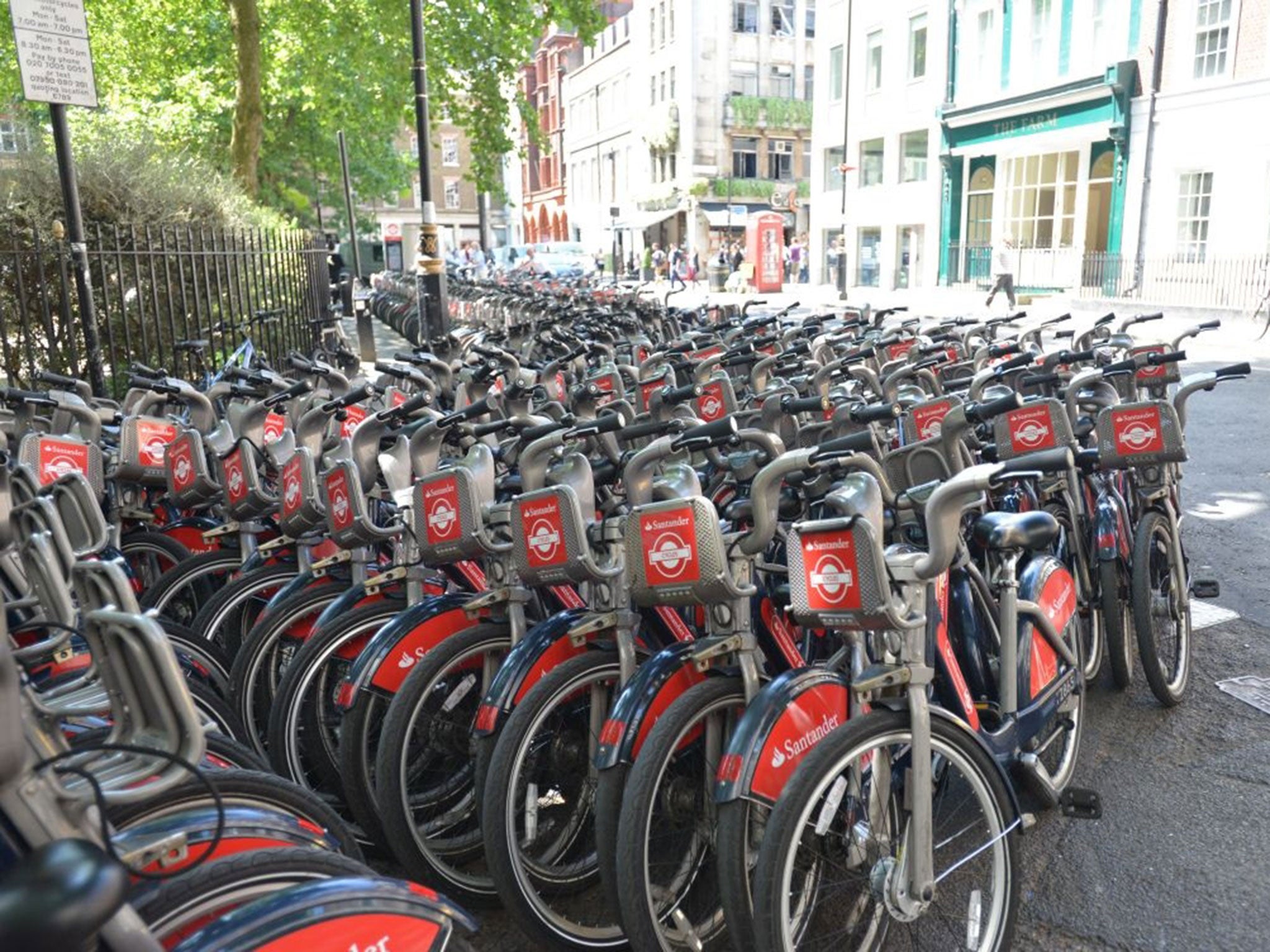
Congestion
Mr Johnson promised in 2008 not to raise the congestion charge. But it went up from £8 in 2008 to £11.50 now.
The benefits of Mr Livingstone’s original congestion charge have worn off. After a pause, congestion has increased and average traffic speeds have fallen again. But demand for London road space is vast and supply is bound to be rationed by people’s toleration of traffic jams. Without full road pricing, there is no magic solution.
Rating:
★★☆☆☆
The environment
Partly because of tighter air-quality standards, and partly because of car makers cheating emissions tests, air quality in London has become more of a problem than at any time since the coal-fire smogs of the 1950s. Johnson has planned to bring in the world’s first Ultra Low Emission Zone in London in 2020.
Mr Johnson has planted 20,000 street trees, although a lot have been cut down too, and claims to have helped to create 100 “pocket parks”.
The Garden Bridge is an absurd un-environmental vanity project, which with any luck will never happen.
Rating:
★★★☆☆
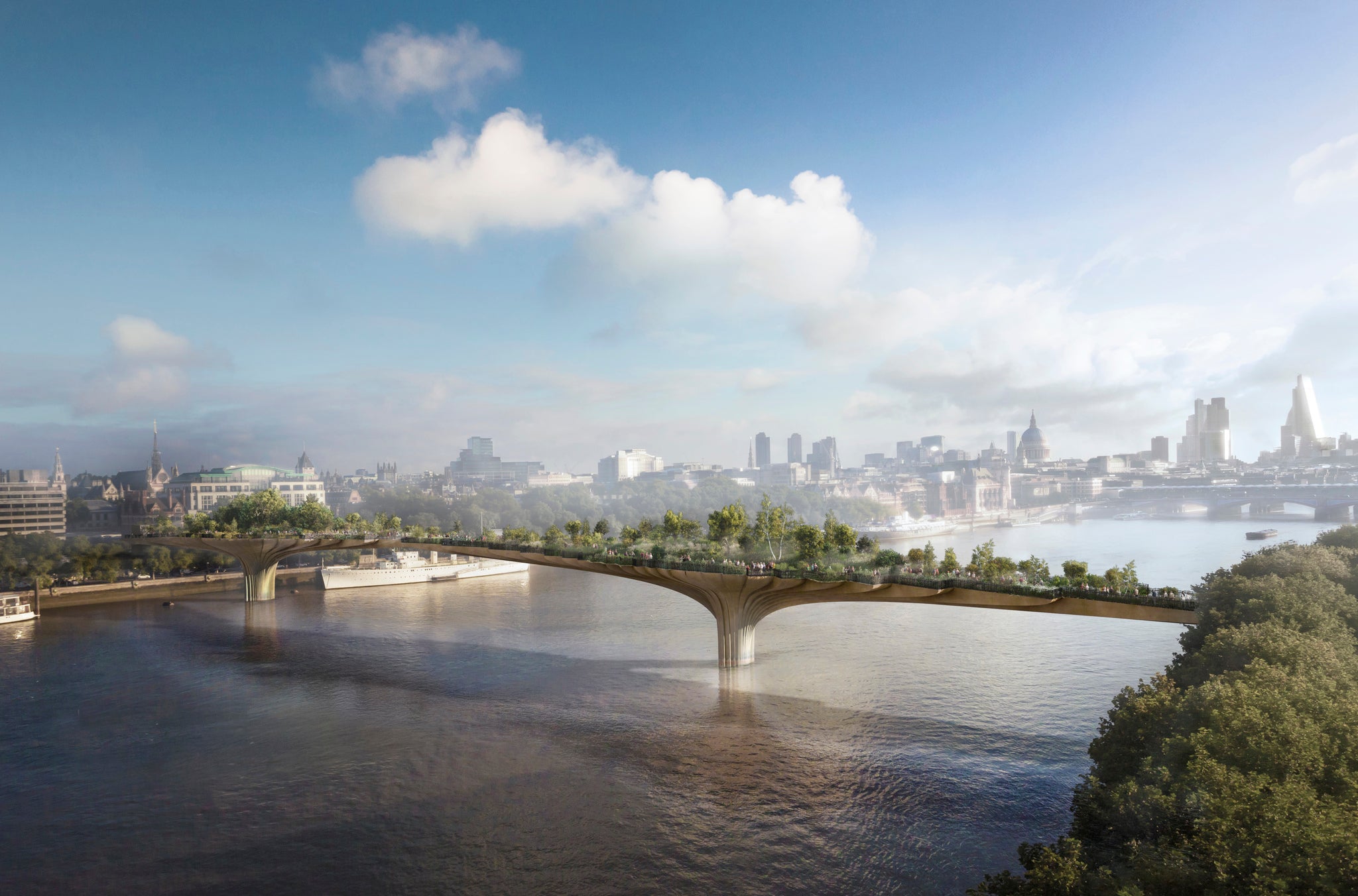
Fire service
Mr Johnson has closed 10 fire stations in London and taken 27 fire engines out of service, despite telling the London Assembly in 2010 that there were “no plans” to remove engines. Fire response times have risen in some areas of London as a result, but within the six-minute target.
Deaths from fire in London have halved to 30 in the year 2014/15.
Rating:
★★☆☆☆
The economy
The mayor has limited power over the economy of a city that generates nearly a quarter of the national income. Besides, he was in charge in a time of stringency when his predecessor enjoyed the Blair-Brown years of plenty.
But Mr Johnson made a reasonable fist of the opportunities presented to him. It was Tony Blair who won the Olympics for London, but Johnson had some notional responsibility for delivering it, and none for the escalation of its budget. He took credit for turning the site into a successful park and housing zone, including plans for a new UCL campus, V&A Museum and London College of Fashion.
Mr Johnson promised to freeze the mayoral share of council tax. He cut it.
Rating:
★★★★☆
Join our commenting forum
Join thought-provoking conversations, follow other Independent readers and see their replies
Comments